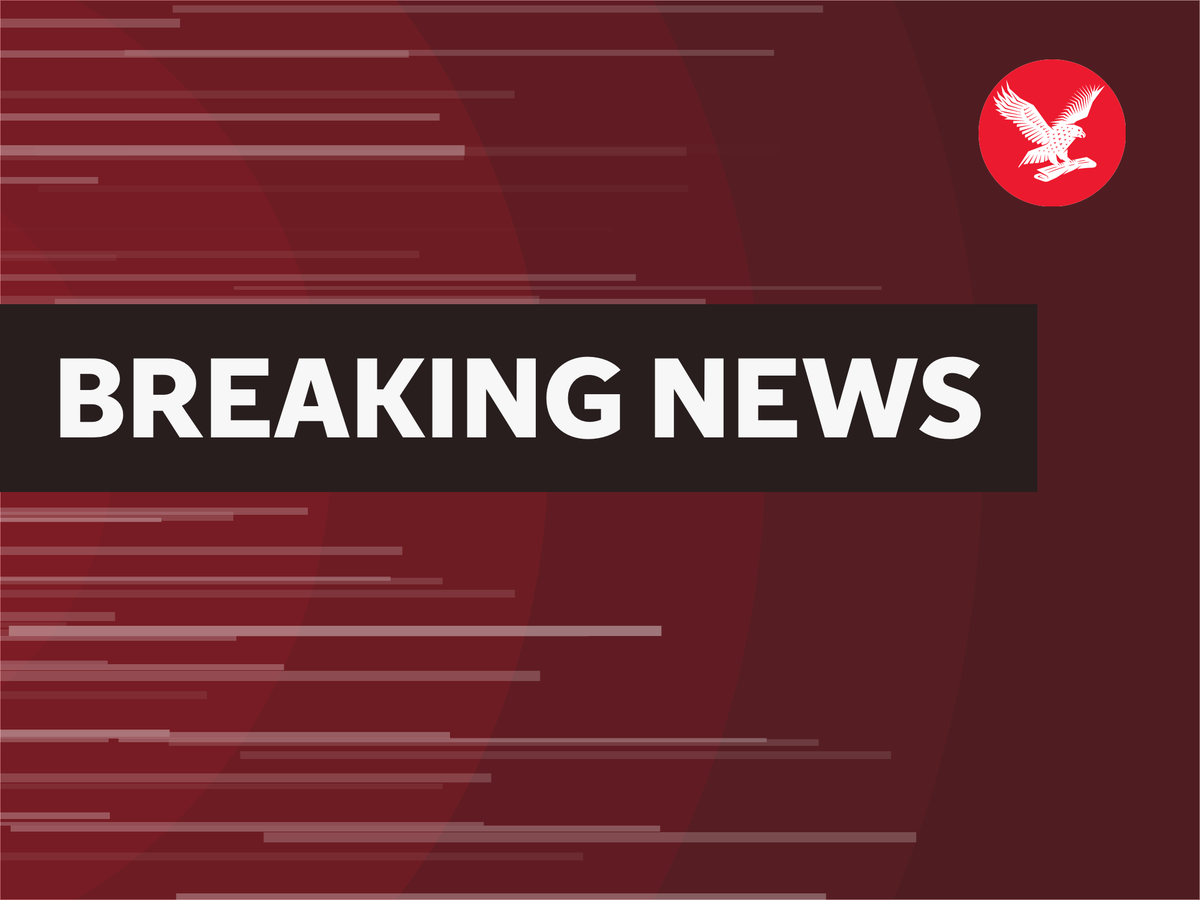Abortion remains legal in Michigan after judge rules prosecutors can’t enforce ‘dangerous’ century-old ban

Michigan’s 1931 anti-abortion law will remain blocked after a judge ruled that local prosecutors cannot enforce the state’s “dangerous and chilling” ban on abortion care.
Oakland County Circuit Court Judge Jacob James Cunningham granted a preliminary injunction that indefinitely blocks the law until a final ruling is determined, arguing that the nearly century-old ban “simply does not pass constitutional muster.”
The ruling on 19 August follows an appeals court decision that determined that county prosecutors could enforce the law in the weeks after the US Supreme Court struck down the constitutional right to abortion care, allowing states to impose their own anti-abortion laws.
Michigan’s 1931 law, drafted decades before the landmark Supreme Court decision in Roe v Wadeoverturned state-level bans, was ostensibly in effect with the collapse of that 1973 precedent. Michigan’s law would ban abortion in nearly all instances except to protect the life of the patient.
Judge Cunningham declared on Friday that “the harm to the body of women and people capable of pregnancy in not issuing the injunction could not be more real, clear, present and dangerous to the court.”
The law will remain unenforceable until a decision from the Michigan Supreme Court or if voters enshrine state constitutional rights to abortion care in a ballot initiaitve this fall. A constitutional amendment is pending final approval and will appear on Noevember ballots. Kansas voters recently shot down an amendment that would have stripped out abortion rights protections in the state constitution.
“There is no doubt that the statue criminalizing abortion is in direct conflict with the ability of the medical community to provide the standard of care consistent with their education, training, expertise and oath,” Michigan Attorney General Dana Nessell said in a statement on Friday.
“Restricting access to reproductive healthcare jeopardises the ability of physicians to deliver appropriate care and it denies women the right to decide the most intimate issues regarding their health, their bodies and their lives,” she added.
Following the Supreme Court’s decision on 24 June in the case of Dobbs v Jackson Women’s Health Organization, anti-abortion officials across the US announced the activation of criminal abortion laws in their states, or upcoming legislation to severely restrict access to care.
Temporary restraining orders have blocked such laws from taking effect in North Dakota, Utah and Wyoming while their legal challenges play out in court.
At least nine states – Alabama, Arkansas, Kentucky, Louisiana, Mississippi, Missouri, Oklahoma, South Dakota, Texas and Wisconsin – have outlawed abortion entirely in nearly all instances.
As many as 26 states could outlaw abortion without Roe protections, as anti-abortion lawmakers and states legislatures prepare more-restrictive laws in the coming weeks and months.
This is a developing story

